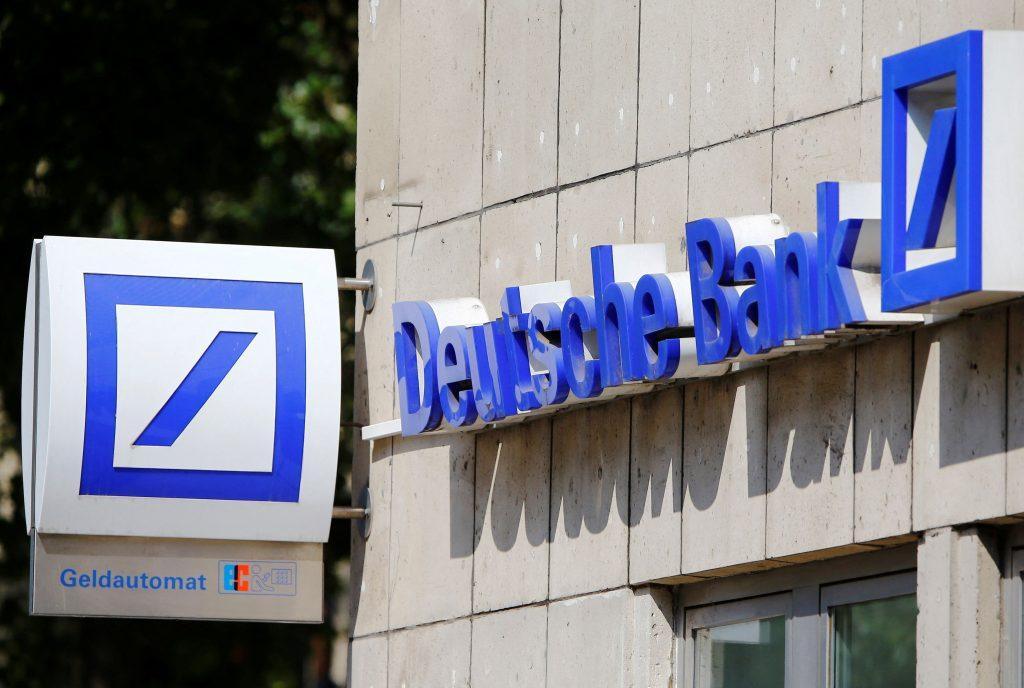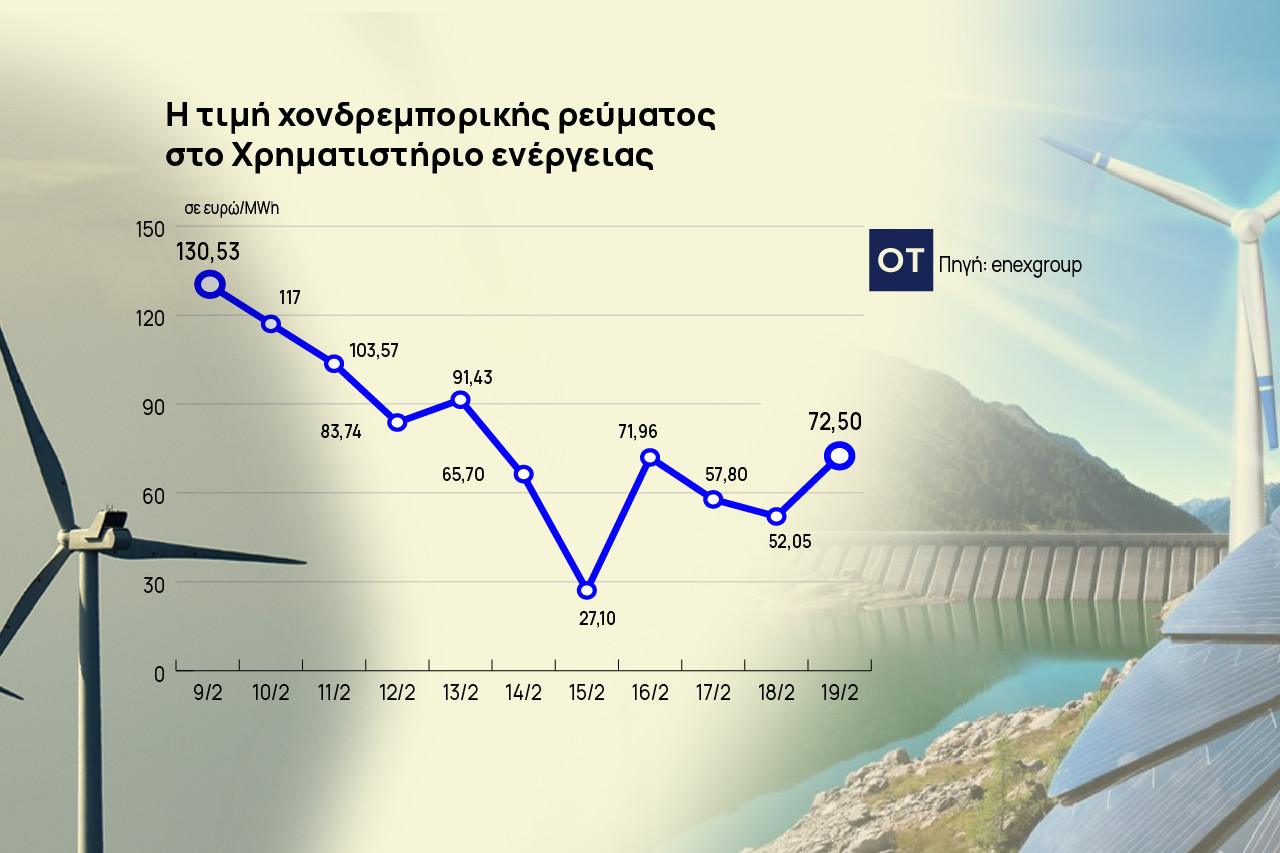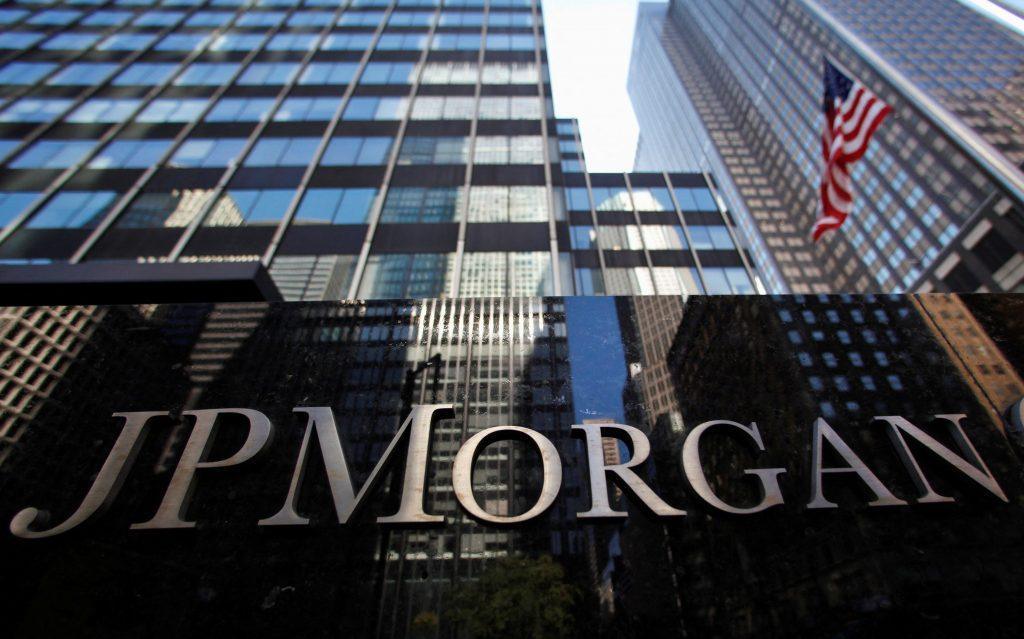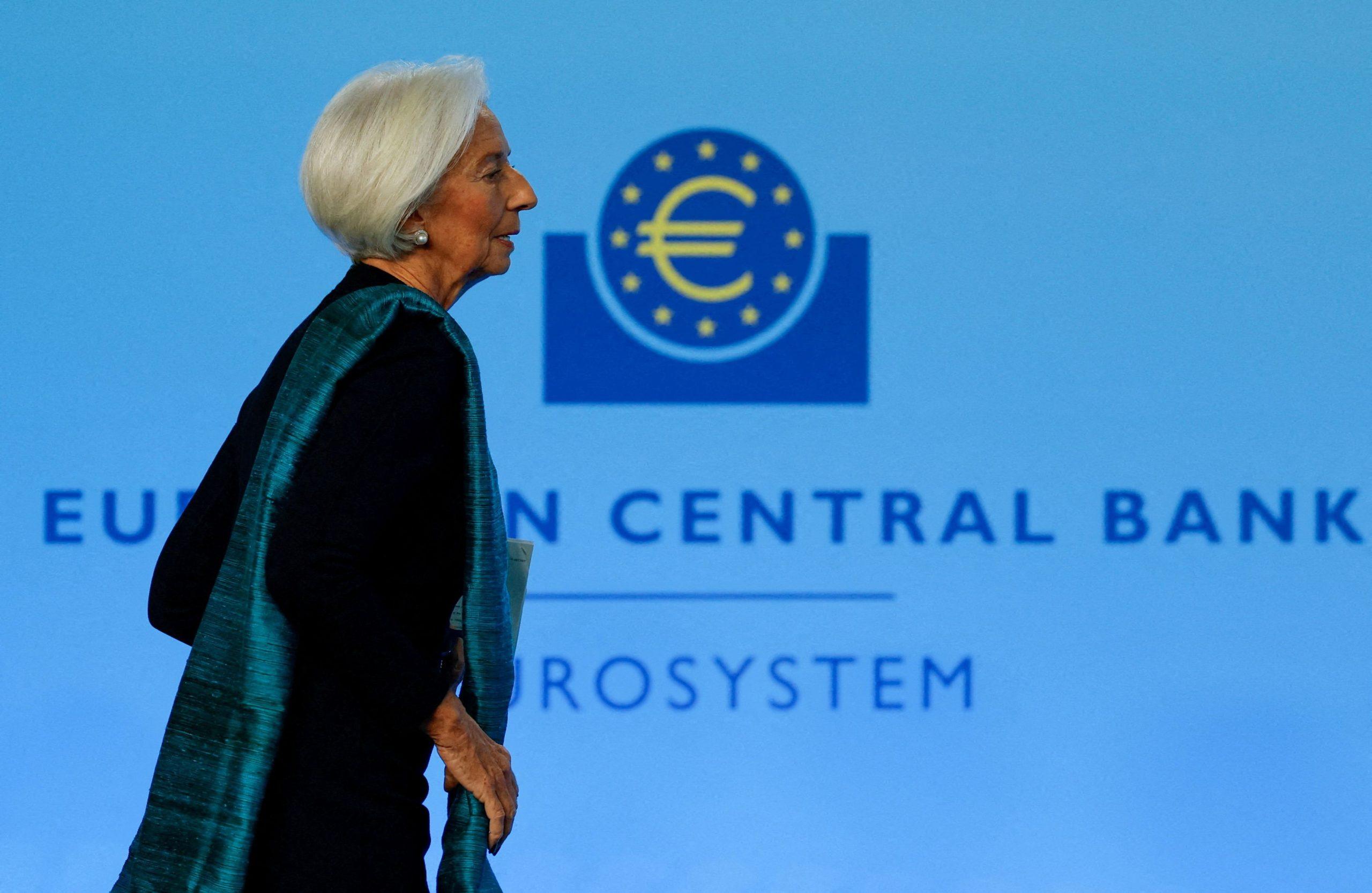The Greek economy is forecast to grow by 2.2% in 2024, according to the Center of Planning and Economic Research (KEPE), the country’s largest economics research institute that focuses on applied research projects regarding the Greek economy.
The analysis posits that the average annual growth rate of Greece’s real GDP will hit 2.2% in 2023, a figure expected to remain steady into 2024, indicating a sustained upward trend and a stable growth rate for the Greek economy.
Despite rising inflation and interest rates, geopolitical tensions, and climate change in 2023 and 2024 presenting significant challenges for European Union (EU) economies, the economic trajectory of Greece appears more positive capitalizing on positive prospects for key economic sectors, as well as upgrades in its credit rating, the analysis suggests.
KEPE underlines that the implementation of important reforms and investments through the utilization of funds from the Recovery and Resilience Facility and the new ESPA also play a role in the more positive outlook of the country’s economy.
The stock market
Apart from the encouraging growth of the national economy, Greece’s success in regaining its investment grade was a pivotal factor in the outstanding performance of the Greek stock market in 2023, resulting in significant increases in positive returns, capitalization, and transaction value compared to the previous year.
Greece’s return to investment grade in 2023 by international rating agencies, such as Standard & Poor’s, and most recently Fitch, paves the way for Moody’s, the next American rating agency, to grant investment grade status to Greece in March. KEPE says this results in multiple benefits, such as reduced borrowing costs for the government and businesses, attracting a broader investment audience for Greek stocks and bonds, and the potential reintegration of the Greek stock market into developed markets.
The labor market is continuously improving
The positive showing of the Greek economy is also reflected in the labor market, KEPE suggests. The jobless rate is on a steady downward trend while employment growth is witnessed, with working hours increasing faster than employment. This has contributed to an increase in nominal wages, although high inflation has eroded any increases.
However, population decline is a cause for concern, especially since increased labor market participation does not seem to be a solution, leading to a shrinking workforce. This decline is a significant challenge, given the increasing labor shortages that are often noted. In 2023, employed persons as employees increased by 116,000, with the majority of hires being full-time positions.
Despite the reduction in the number of unemployed in the last year, their number remains higher than the minimum of the last decade, while the unemployment rate, despite its general decrease, remains the second highest in the European Union (EU27) after Spain.
In addition, as the report notes, although inflation has been contained average consumers are still feeling the “sting” of the high costs of basic goods.
Minimum wages
The analysis underlines that given that all forecasts for GDP growth rate in 2024 will be commensurate with 2023, but with significantly lower inflation, the stake for economic policy is the increase in wages to restore the purchasing power of employees as much as possible, without further increasing inflation (costs) or worsening the country’s international competitiveness due to the increase in the unit labor cost.
The digitalization of the Greek economy
The extensive report also recommends the necessity for accelerating the process of economic digital transformation and, therefore, enhancing the efficiency of both the public and private sectors.
While significant steps have been taken in various sectors to this end, Greece still lags behind its European counterparts, as it ranks among the lowest positions in Europe for digital development.
Interestingly, the digitalization of the public sector is progressing at a faster pace compared to its European counterparts, approaching the European averages in most indicators.
Source: tovima.com







































